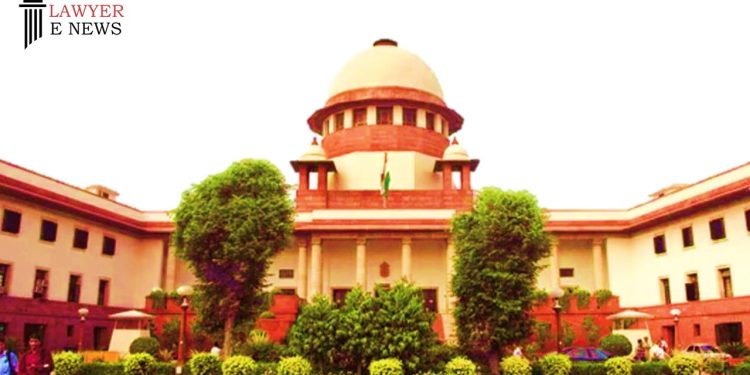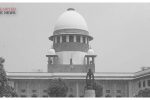Supreme Court Emphasizes ‘Limited Scope of Judicial Review’ in Departmental Inquiries, Sets Aside High Court Order

In a landmark judgment dated August 24, 2023, the Supreme Court emphasized the “limited scope of judicial review” in departmental inquiries and set aside the orders of both the learned Single Judge and the Division Bench. The case involved a departmental inquiry against a bank official for alleged misconduct, including the non-submission of control forms and transgression of the area of operation.
The Court stated, “The Court’s role is not to act as an appellate body or to re-appreciate evidence but to ensure that the findings of the inquiry are based on some evidence.” This observation was made in the context of the limited scope of judicial review against departmental inquiry proceedings. [Para 36, Page 31]
The learned Single Judge had earlier found justification in specific aspects of the departmental inquiry. The Supreme Court expressed satisfaction with the Enquiry Report, stating, “The Court expressed satisfaction with the Enquiry Report, which fortified the conclusions of the learned Single Judge.” [Para 15-17, Page 11]
On the topic of severability of charges and penalties in disciplinary proceedings, the Court clarified, “If the penalty can be imposed based on the charges that are proved and if such a penalty is lawfully sustainable, then it is not for the Court to consider whether those grounds alone would have weighed with the disciplinary authority in imposing the punishment.” [Para 38-39, Page 32]
Supreme Court concluded by setting aside the orders of the learned Single Judge and the Division Bench, thereby dismissing Writ Petition No. 29547 of 1997 filed by the respondent. The Court allowed the appeal and clarified that there would be no order as to costs. [Para 41, Page 35]
Date of Decision August 24, 2023
State Bank of India vs A.G.D. Reddy






